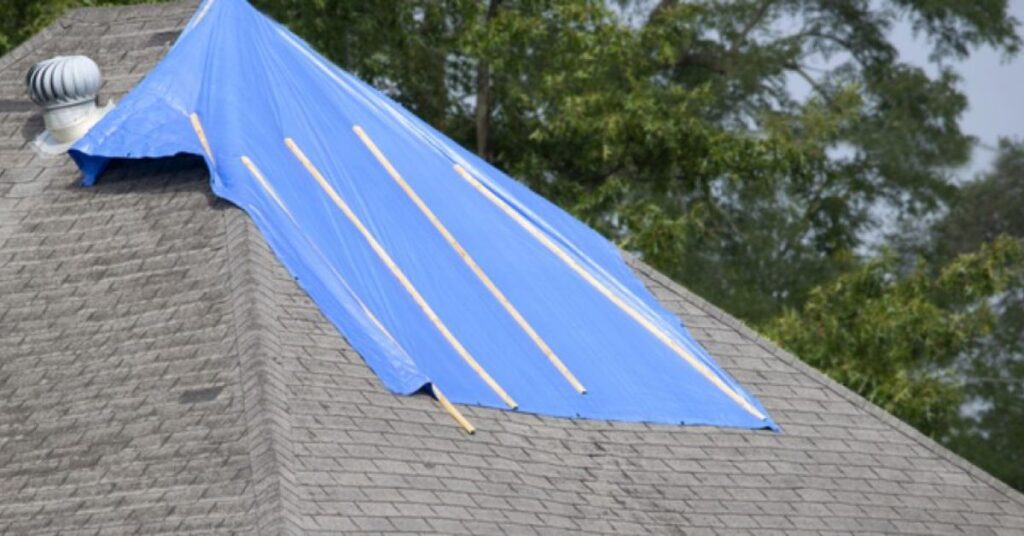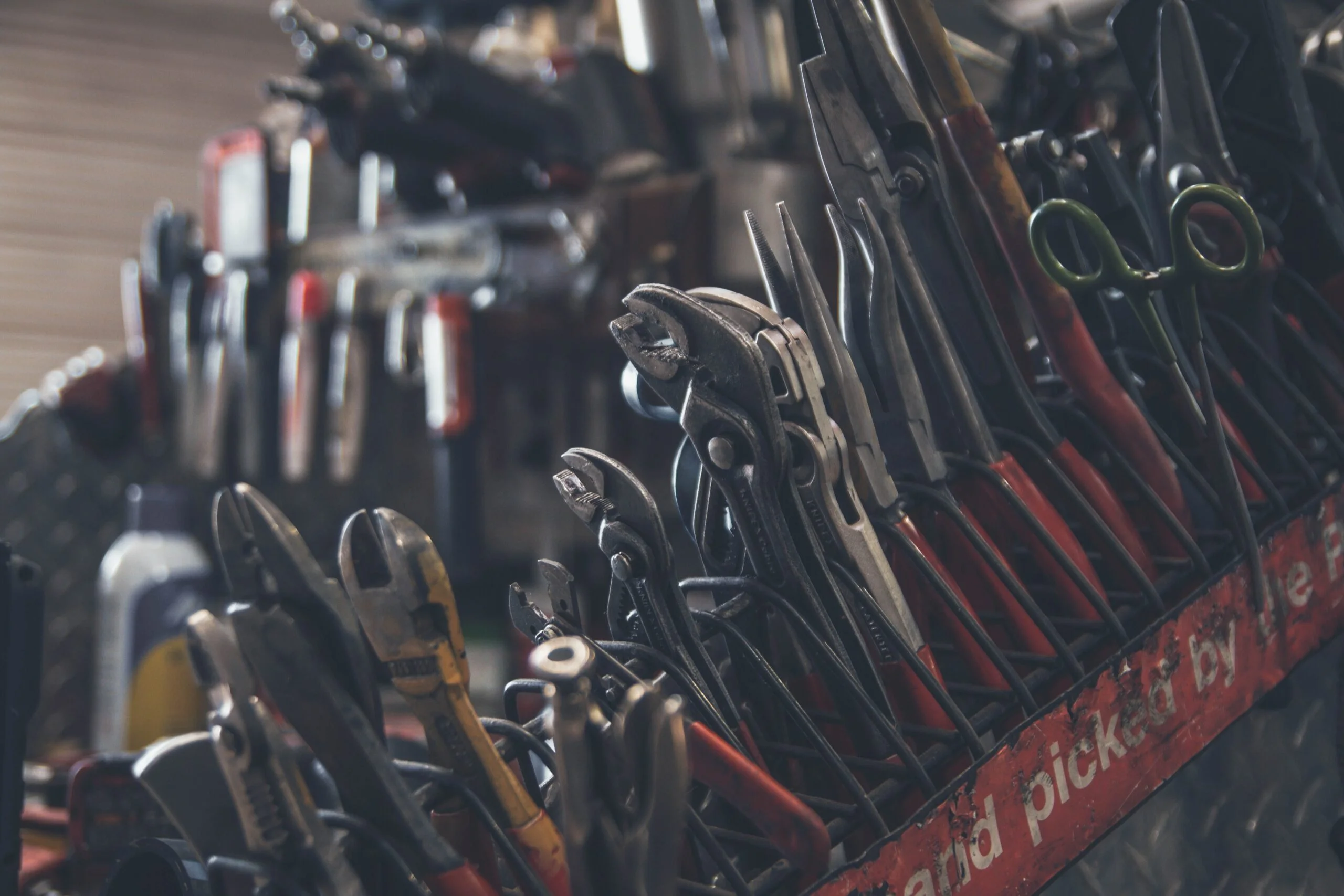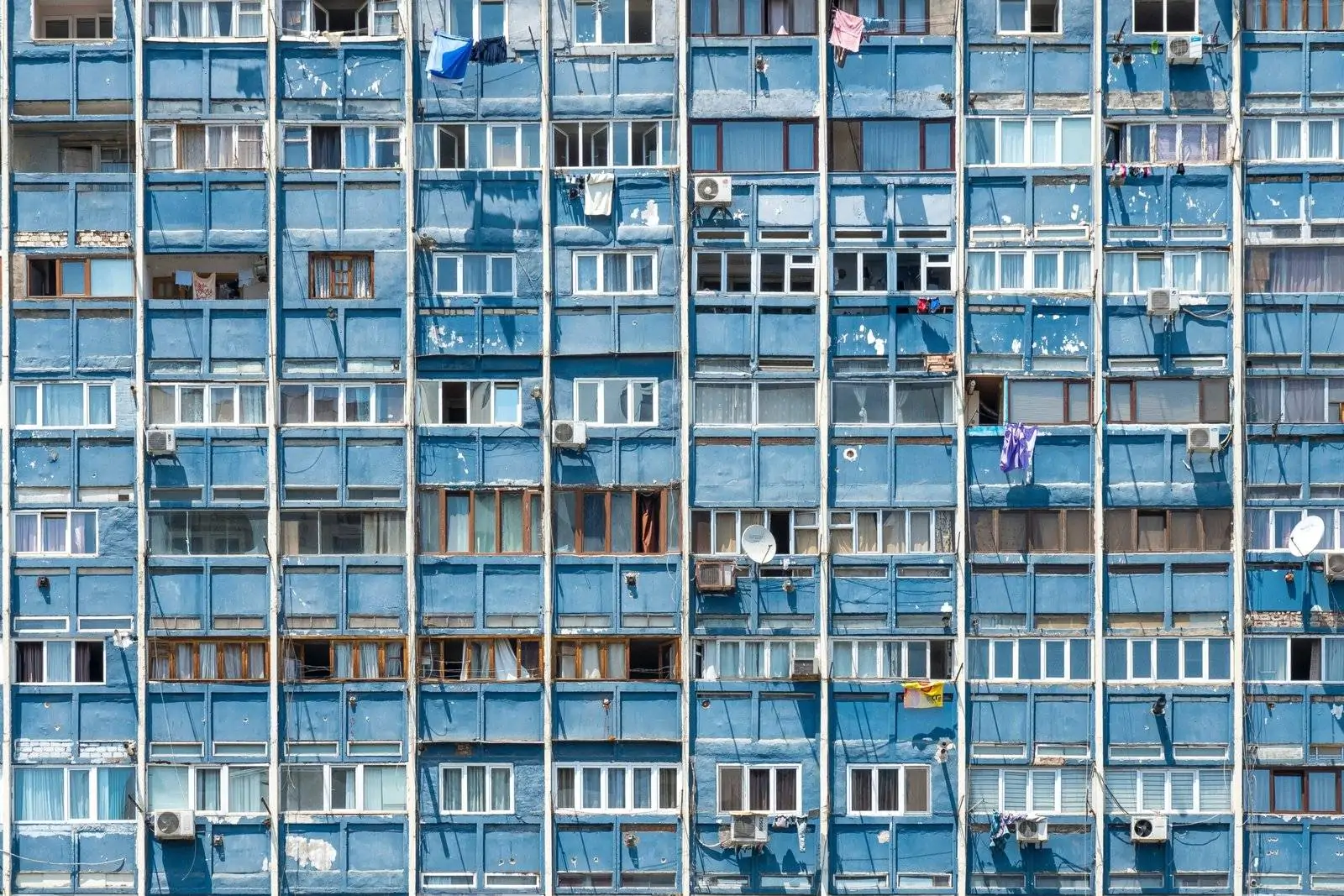Homeowners insurance is a vital safeguard for your home, protecting it against various risks and unforeseen damages. One common concern among homeowners is whether their insurance policy covers roof leaks. Roof leaks can cause significant damage if not addressed promptly, so understanding your coverage is crucial. In this blog post, we will explore the specifics of homeowners insurance and whether it covers roof leaks.
Understanding Homeowners Insurance
Homeowners insurance policies typically provide a range of protections for your home and personal property. These policies generally include:
- Dwelling Coverage: This part of the policy covers the structure of your home, including the roof, walls, and foundation, against covered perils.
- Personal Property Coverage: This protects your personal belongings, such as furniture, clothing, and electronics, from damage or theft.
- Liability Protection: This offers financial protection if someone is injured on your property and decides to sue.
The specifics of what is covered can vary depending on the insurance provider and the policy you choose. It’s important to read the terms and conditions carefully to understand what is included in your coverage.
Does Homeowners Insurance Cover Roof Leaks?
Homeowners insurance can cover roof leaks, but it depends on the cause of the leak and the specifics of your policy. Generally, if the roof leak results from a sudden and accidental event that is a covered peril, your homeowners insurance will likely cover the repair costs. Common covered perils include:
- Storm Damage: High winds, hail, and heavy rain can cause sudden damage to your roof, leading to leaks. In such cases, your insurance policy typically covers the repairs.
- Falling Objects: If a tree branch or other object falls on your roof and causes a leak, this is usually covered by homeowners insurance.
- Fire: Any damage caused by fire, including roof leaks resulting from the fire, is typically covered under homeowners insurance policies.
However, there are situations where homeowners insurance does not cover roof leaks:
- Wear and Tear: Roofs naturally deteriorate over time. Damage resulting from normal wear and tear or aging is generally not covered.
- Neglect and Poor Maintenance: If the leak is due to neglect or lack of maintenance, your claim may be denied. Insurance companies expect homeowners to maintain their property to prevent such issues.
- Mold or Pest Damage: Damage caused by mold, pests, or vermin is often considered preventable and is typically not covered under standard homeowners insurance policies.
To determine if your roof leak is covered, review your homeowners insurance policy and check the list of covered perils. If the leak is due to a covered event, promptly document the damage, perform any necessary temporary repairs to prevent further damage, and contact your insurance company to file a claim.
Preventing Roof Leaks
While insurance can help cover the cost of repairs, prevention is always the best strategy. Here are some tips to help prevent roof leaks:
- Regular Inspections: Have your roof inspected by a professional at least once a year. They can identify potential issues before they become major problems.
- Maintain Gutters: Clean your gutters regularly to prevent water from backing up and causing leaks.
- Trim Trees: Keep trees trimmed to prevent branches from falling on your roof during storms.
- Prompt Repairs: Address any minor issues, such as missing shingles or small leaks, promptly to prevent them from becoming bigger problems.
Read More: How Much Does It Cost to Reroute Plumbing?
Conclusion
Understanding your homeowners insurance policy and knowing what is covered can give you peace of mind. While homeowners insurance typically covers roof leaks caused by sudden and accidental damage, it does not cover leaks resulting from neglect or lack of maintenance.
By performing regular maintenance and addressing minor issues promptly, you can help prevent roof leaks and protect your home. If you do experience a roof leak, act quickly to document the damage and file a claim with your insurance company.


